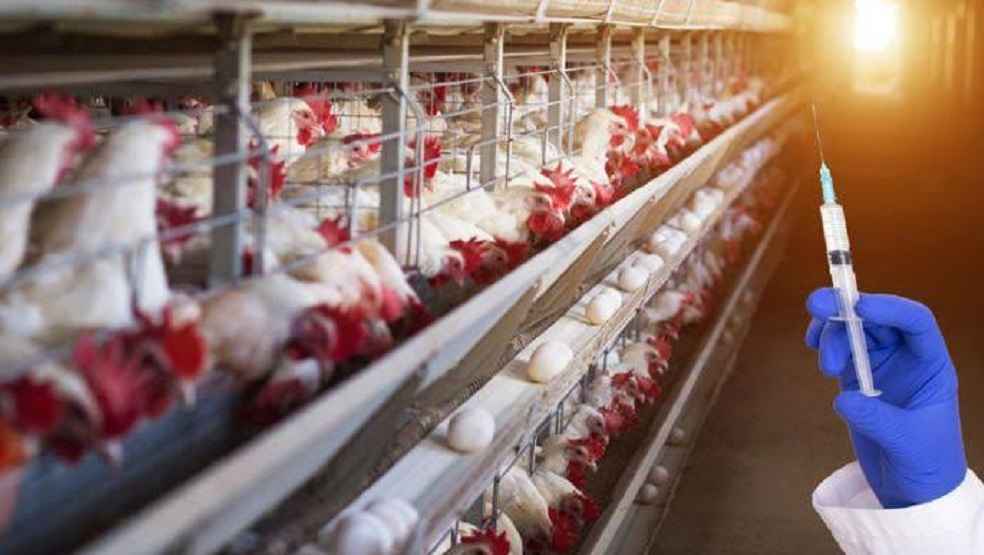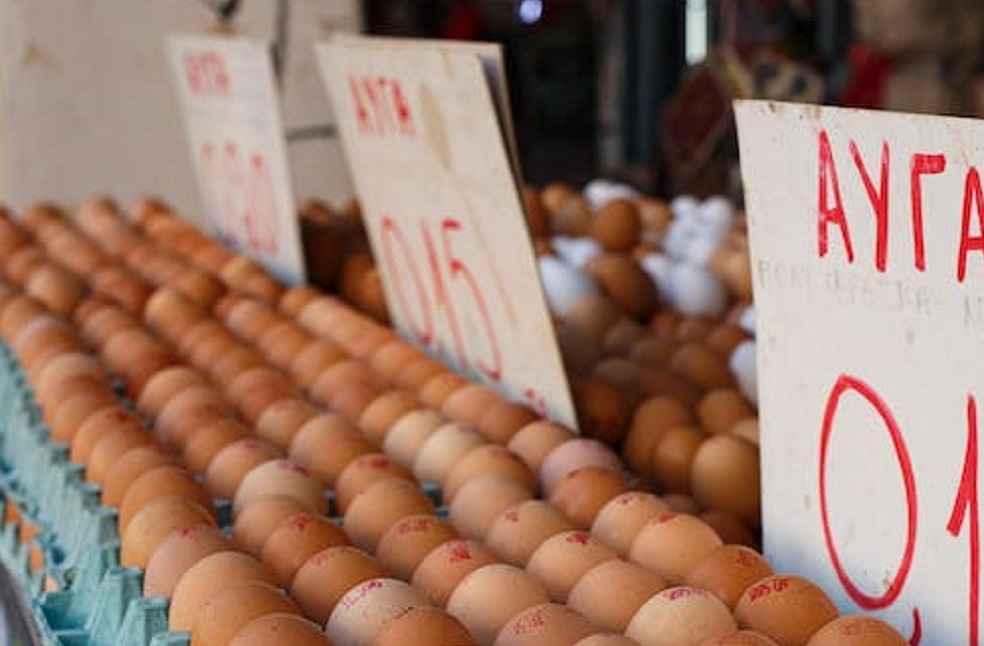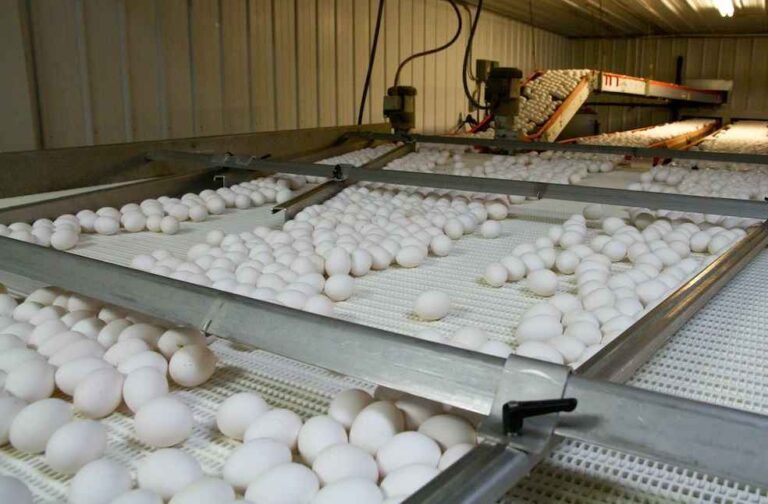Cheap eggs from Ukraine have tightened the squeeze on Latvia’s egg industry, echoing sentiments felt across the European Union (EU) regarding commodities sold below standard market rates. The inundation of Ukrainian eggs in Latvia raises significant concerns, particularly considering the strict EU chicken welfare standards local farms must navigate.
Jānis Gaigals, chairman of the board of the Latvian Poultry Industry Association, paints a stark picture: “In the case of Latvia, this [egg imports from Ukraine] is a huge problem. There is no other country in the European Union where so many egg products entered at dumping prices.”
The disparity, Gaigals suggests, stems from Ukraine’s ability to undercut costs. “Our farms must produce eggs in compliance with strict EU chicken welfare rules. As a result, the production costs in Ukraine – where labour and raw materials are cheaper, EU regulations do not have to be followed, and there are no import duties on the EU border – are up to 3 times lower than in Latvia.”

Beyond pricing, there lurks a potential health hazard. With no Ukrainian production certified according to EU standards, there exists a leniency towards antibiotic use. Gaigals points out the similarity to doping in sports as the overuse of antibiotics— the implications might only manifest over time. He laments that consumers too often gravitate towards the most beneficial economic choice, sidelining potential health concerns.
The narrative takes another twist with the EU’s recent move to nullify import duties on Ukrainian eggs. Post this decision, imports catapulted, nearly tenfold. While Poland witnesses a parallel trend of inexpensive Ukrainian eggs, its expansive market size dampens the impact.
Gaigals also underscores the distinction between aiding Ukraine and inadvertently lining the pockets of a select few Ukrainian oligarchs. Ukraine should be helped in all possible ways, but this way of doing it does not help Ukraine – it helps 2 or 3 Ukrainian oligarchs who do not live in Ukraine but in Zurich, Vienna, and London,” Gaigals opined.

Desperate for a level playing field, Latvian poultry farmers have grown disillusioned, feeling unsupported by authorities. Gaigals conveyed with resolve that, the Latvian sectors seek transparent conditions, parity in domestic competition, and consistent governmental backing akin to its neighbor countries.
This unfolding scenario casts a spotlight on the multifaceted challenges within the global marketplace, where the intersection of equitable competition, welfare standards, and geopolitical nuances determines the fate of industries and nations.
IMEX SECTOR | Malaysia’s Export Drop: Trade Strains and Climate Impacts 2023



